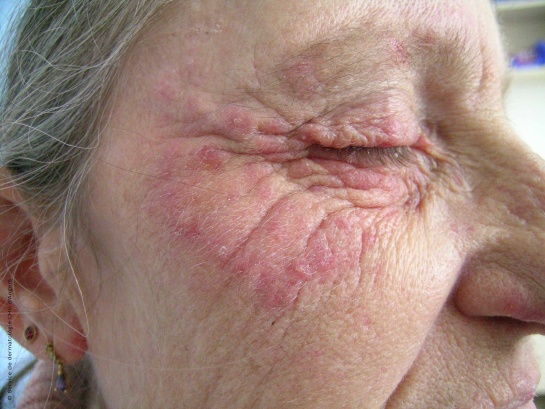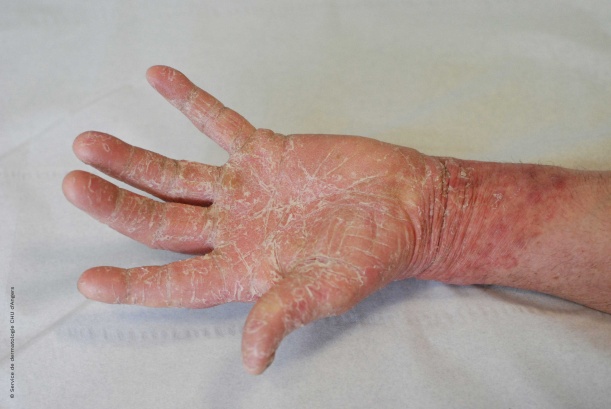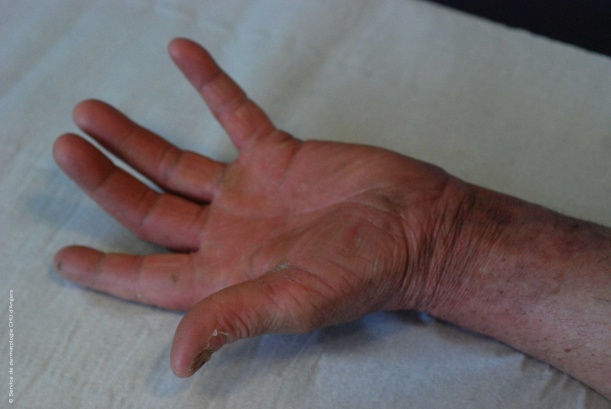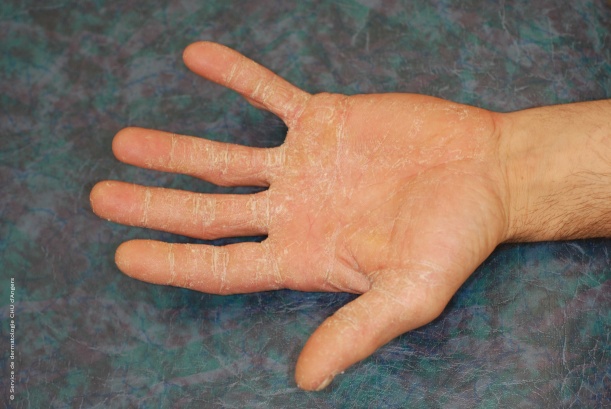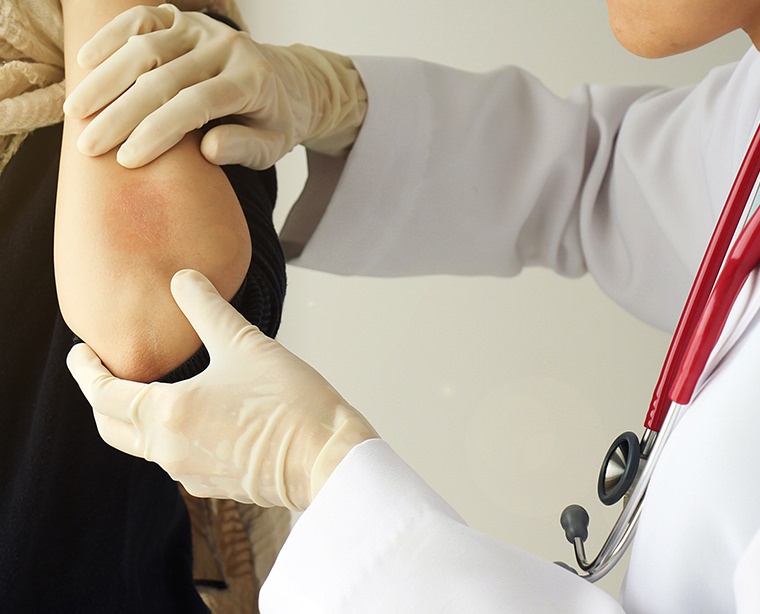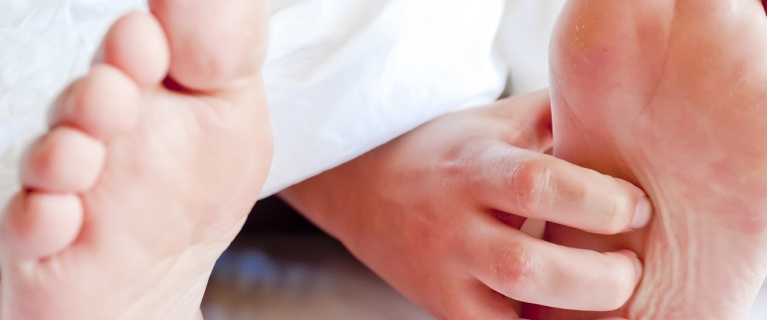

Do you have eczema or a mycosis?
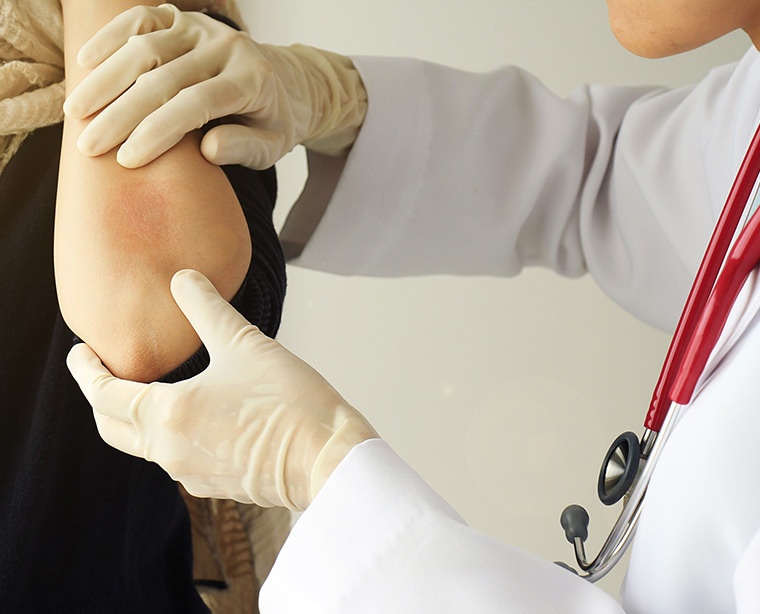
Why do some people get them mixed at times? Because both are skin diseases resulting in redness and itching. When in doubt, consult a doctor, because, while eczema is not contagious, some mycoses are!
What is a mycosis?
Mycosis is a contagious disease caused by a microscopic fungus. The fungus, depending on the type, multiplies in the skin folds and mucous membranes (such as the mouth for example) or even in the fingernails and hair! The fungus is invisible to the naked eye, which is why you need to consult a doctor.
There are two main types of fungi that cause lesions, and which may be confused with eczema.
they originate in the mucous membranes and can begin to overproliferate. As a result, lesions develop on the skin, usually around openings. The most common example occurs in the diaper area of infants.
these fungi attack the keratin found in the skin, fingernails and hair. These actual parasites are transmitted by contact with animals, humans or surfaces.
In some cases, mycosis can trigger eczema. This is the case for dyshidrosis, also referred to as dyshidrotic eczema, which affects the feet. The origin remains unknown, but it may be linked to a mycosis.
How can you tell whether you have eczema or a mycosis?
Below are a few signs that may point more towards mycosis over eczema:
- Areas affected are not typical of eczema (diaper area in infants, underarms, genital region, small round patches all over the body, etc.).
- The appearance of the patches is different: clear, round edge for a dermatophyte mycosis. Nevertheless, telling the two diseases apart can be very difficult (on the hands, for example, they look the same).
- Itching is less intense.
- Topical corticosteroids are seemingly ineffective.
What treatments are available?
Start by consulting a dermatologist for a proper diagnosis. They will prescribe a suitable treatment.
Treatment for eczema
You will need to apply a topical corticosteroid in order to soothe itching. The remaining treatment details are to be determined according to the cause of the eczema: allergic or atopic.
Treatment for mycosis
Simply eliminate the fungus from your daily life: the doctor will prescribe an anti-fungal and, depending on the fungus identified through the tests, will give you advice on how to avoid recurrence.
